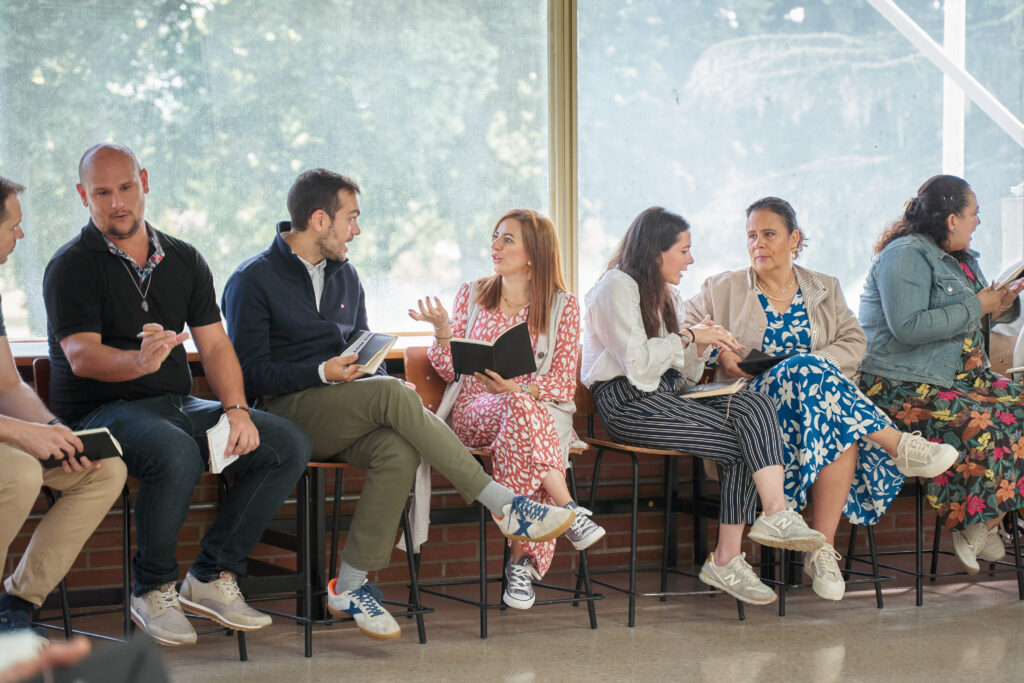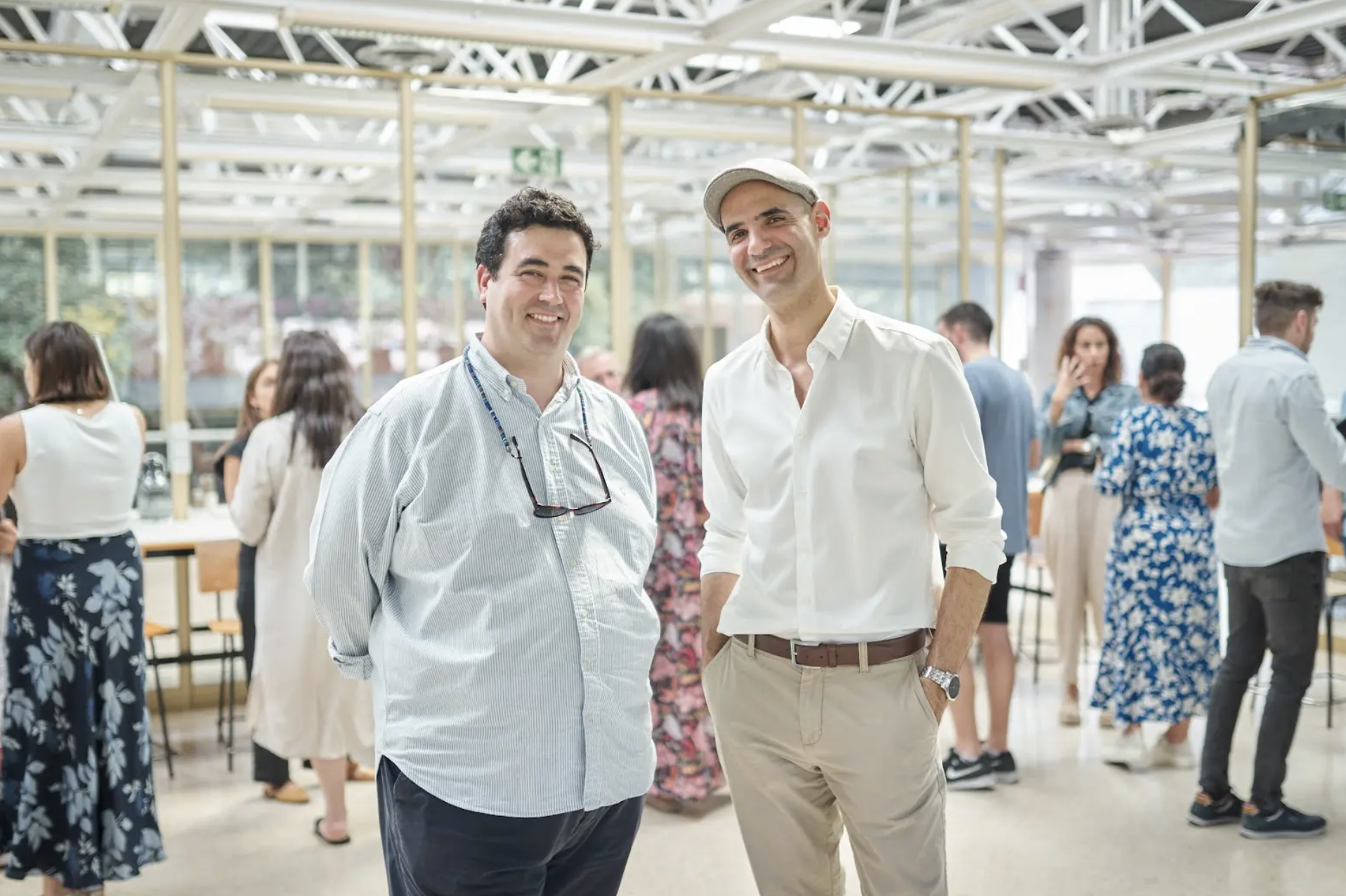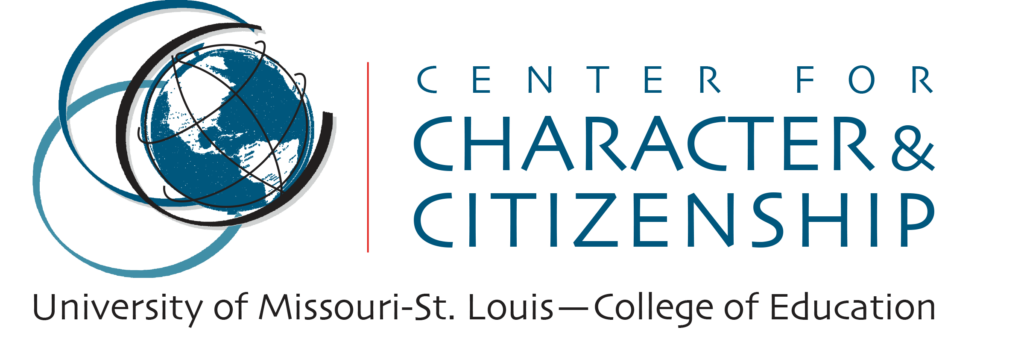Leadership program for higher education residential centers
Collegium is a three-day immersive experience prepared to help you design residential colleges where everyone can grow as a person. It is a space for leadership teams to spend a few days together, in an environment of trust, reflecting and discussing how to turn their centers into communities that promote the well-being, integrity and identity of each person in a strategic and intentional way.



"Residence halls are perfectly designed for the results we are getting. If we don't like the results, we have to redesign the residence halls."
Goals of the Collegium program
01
To know the design principles that contribute to personal growth
Specifically, we work with the PRIMED model by Marvin Berkowitz from the Center for Character and Citizenship, and we draw inspiration from Lawrence Kohlberg's Just Communities project, developed at Harvard in the 1980s. Those who will lead this change need to understand the principles underlying the practices they will later implement.
02
Build-up team relationships through experiential learning
Implementing a change of this magnitude, which directly impacts the culture of a residential center, requires a united team eager to take on this ambitious challenge. During Collegium, participants will have the opportunity to strengthen bonds with their team members, share many hours of conversation, and enjoy their time together.
03
Develop an action plan for the next academic year
With the knowledge gained at Collegium, participants are encouraged to develop an action plan for the upcoming academic year. Cultural transformations usually require several years of dedicated work. The plan created during these days can serve as a starting point to introduce a personal growth approach within the educational center. Participants will receive guidance from the facilitators throughout this process.
Six key practices
We focus on redesigning key aspects of the daily life of residential centers, identified in recent studies as essential for their educational impact. Specifically, we work on six fundamental practices:
Collaborative governance
This practice involves students participating in the governance of their community through leadership and management roles, consultation and deliberation processes, and/or decision-making. This is carried out in alignment with the community's mission and values, contributing to its common good.
For example: in my center, there is a Council or Assembly that gathers students to deliberate and make decisions; there are working teams such as deans, commissions, committees, or boards with leadership and management responsibilities; there is some form of democratic process for electing community leaders; and so on.
Service roles and tasks
This practice consists of students being assigned a role or a task in which they provide a service to the community or contribute to the care and maintenance of the center's facilities.
By way of example: tidying and cleaning common areas; taking photographs and videos of activities; gardening tasks; creating content for the website or social networks; taking care of electronic equipment; library management.
Retreats, excursions, trips.
This practice consists of dedicating a few hours or days to withdraw from the ordinary life of the residence with a group of students to deepen or enhance some aspect of the community, such as its needs, mission or values.
By way of example: these experiences can take the form of an excursion to the mountains, a cultural visit, a professional trip, a work day, a spiritual retreat, a ski plan, a work camp, a study day.
Students initiatives
This practice consists of listening to the voice of the students about the initiatives they would like to carry out and offering the necessary institutional support to implement them.
By way of example: the initiative of the students gives rise to social volunteering, conferences, round tables, colloquiums with invited experts, sports tournaments, clubs, activities, artistic experiences, debates, workshops, seminars, celebrations, excursions or cultural trips, among others.
Peer mentoring
This practice consists of facilitating the opportunity for students to establish an advisory/tutoring/mentoring relationship with another student or member of the community. Essentially, this is a mentoring system between peers who share student status, where the mentee can benefit from the advice, experience and support of a more senior mentor.
For example: first-year students are assigned an advisor for academics; for the first few days of the course, there are senior students who spend time explaining how the residence works, introducing them to the community life, presenting them to other students; undergraduates can turn to graduate students or professors who are part of the residential community for academic, professional, or personal advice.
Tertulias, colloquiums, informal meetings.
This practice consists of periodic informal meetings in which a significant part of the community meets and has a relaxed conversation in a climate of trust and spontaneity.
For example: having a daily informal meeting in which a significant part of the community meets and talks about what has happened that day; inviting a guest speaker to meet with the community in the context of an informal conversation.




Speakers
The speakers of the course are Juan P. Dabdoub and Aitor R. Salaverría, co-directors of Become.
Juan P. Dabdoub is Associate Professor at UNIR, member of the Education, Citizenship and Character Research group at University of Navarra, Scholar Affiliate of the Center for Character and Citizenship, and Secretary of the Association for Moral Education. For 10 years he worked in a Residence Hall as responsible for promoting the development of the character of the students.
Aitor R. Salaverría is a member of the Education, Citizenship, and Character Group at the University of Navarra, where he researches how to promote character development in universities. He was in the direction of the Colegio Mayor Belagua for 10 years, 4 of them as director.

Audience
Collegium is designed for leadership teams of university residential centers, such as Colegios Mayores, Residence Halls, Colleges, University Residences, and similar institutions. It is highly recommended that the center's director attend with their leadership team. However, it is also possible for leadership teams to participate even if their leader is unable to attend.
Certification
Those who complete the Institute can receive a certification from Become, the Center for Character and Citizenship at the University of Missouri-St. Louis, and the Education, Citizenship, and Character Research Group at the University of Navarra.

